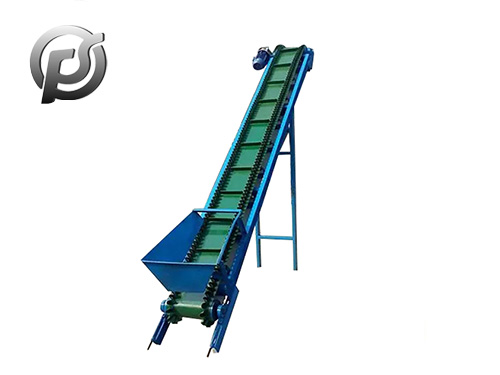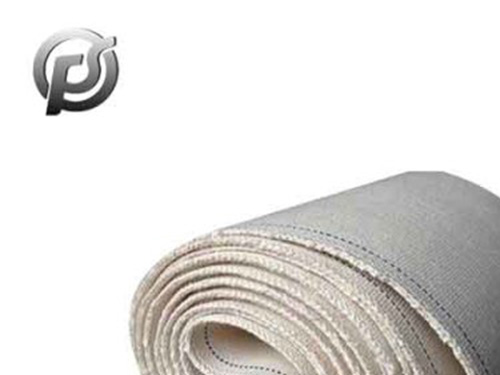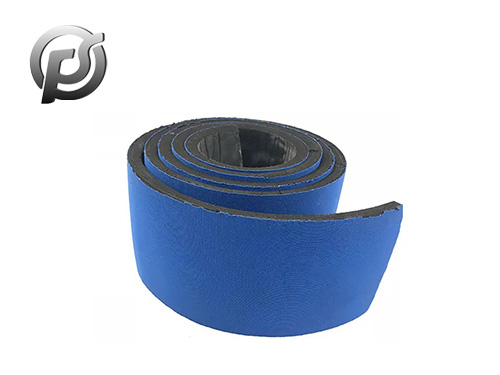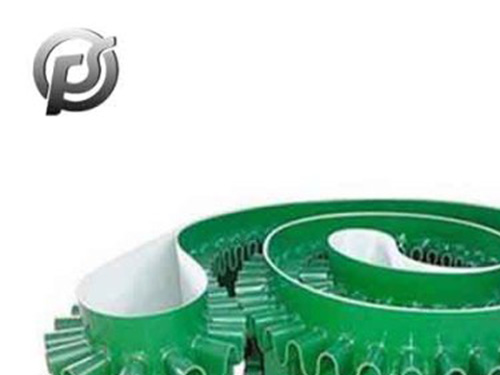Introduction:
Industrial conveyor belts are indispensable components in various manufacturing and distribution processes, silently working behind the scenes to facilitate the movement of goods and materials. These versatile systems play a pivotal role in enhancing efficiency, streamlining production, and revolutionizing the way industries handle materials. This article explores the key features, applications, and advancements in
industrial conveyor belts that have transformed modern industrial operations.
Key Features of Industrial Conveyor Belts:
Material Selection: Industrial conveyor belts are engineered from a variety of materials, including rubber, PVC, metal, and fabric, depending on the specific requirements of the application. Each material offers unique properties such as durability, flexibility, and resistance to various environmental conditions.
Design and Structure: Conveyor belts are designed in different configurations to suit specific applications. Flat belts, modular belts, and trough belts are common designs, each tailored to handle different types of materials and loads. The belt structure may include layers of fabric, steel cords, or other reinforcing materials to enhance strength and durability.
Applications Across Industries:
Manufacturing: In manufacturing plants, conveyor belts facilitate the seamless movement of raw materials, components, and finished products along the production line. This results in increased productivity, reduced manual handling, and improved overall efficiency.
Logistics and Distribution: Conveyor belts are extensively used in warehouses and distribution centers for sorting, packing, and shipping processes. They enable the swift and organized movement of goods, contributing to faster order fulfillment and improved supply chain management.
Mining and Quarrying: In the mining industry, conveyor belts are crucial for transporting bulk materials such as coal, ores, and aggregates. They efficiently move heavy loads over long distances, minimizing manual labor and enhancing overall operational safety.
Food Processing: Conveyor belts in the food industry must meet strict hygiene standards. They are employed for tasks such as conveying raw ingredients, sorting, and packaging, ensuring the safe and sanitary handling of food products.
Technological Advancements:
Automation: Industrial conveyor belts have embraced automation through the integration of sensors, programmable logic controllers (PLCs), and robotics. This enables precise control over the movement, speed, and sorting of materials, further optimizing operational efficiency.
Smart Monitoring Systems: Advanced monitoring systems equipped with sensors and IoT (Internet of Things) technology allow real-time tracking of conveyor belt performance. This helps predict maintenance needs, prevent breakdowns, and optimize overall system reliability.
Challenges and Future Developments:
While industrial conveyor belts have significantly improved industrial processes, challenges such as maintenance costs, environmental impact, and adaptability to emerging technologies persist. Future developments may focus on sustainable materials, energy-efficient designs, and enhanced integration with artificial intelligence for predictive maintenance.
Conclusion:
Industrial conveyor belts have become the unsung heroes of modern industries, facilitating the smooth flow of materials and products across diverse sectors. As technology continues to evolve, these essential components will likely undergo further innovations, shaping the future landscape of industrial automation and material handling.

 Exploring the Dynamics of Conveyor Belt Manufacturing in China
Exploring the Dynamics of Conveyor Belt Manufacturing in China
 PE Conveyor Belts: Characteristics, Applications, and Advantages
PE Conveyor Belts: Characteristics, Applications, and Advantages
 Stone Conveyor Belt: Enhancing Efficiency and Productivity in Material Handling
Stone Conveyor Belt: Enhancing Efficiency and Productivity in Material Handling